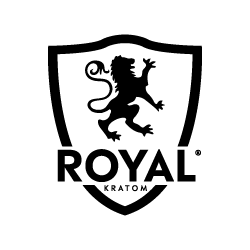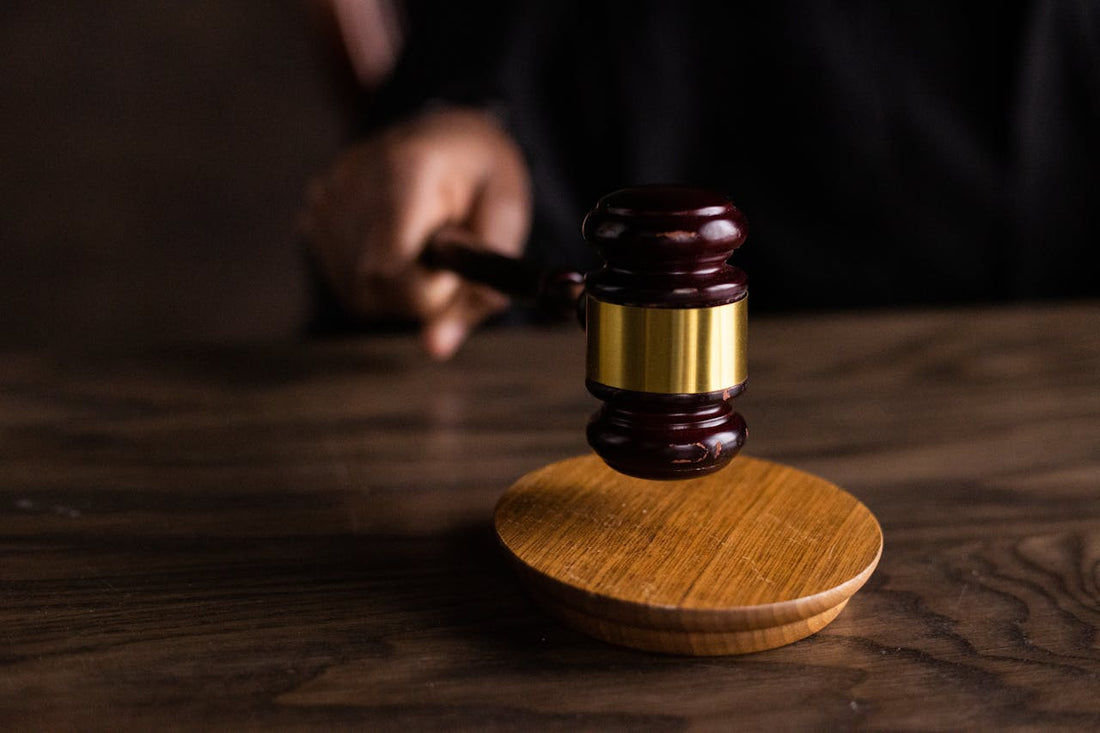Changes to laws governing kratom are scheduled to take place in Maryland soon. This is good news for kratom fans, since their rights to access kratom may be protected. In this post, we’ll explain how kratom availability may change in the state, House Bill 283 (the Bill to Ban Kratom), and House Bill 1229 (the Kratom Consumer Protection Act). Plus, the changes that have taken place in Maryland regarding kratom, how kratom sales may be affected, and how the Maryland KCPA is working to protect access to this botanical product.
Is Kratom Legal in Maryland?
Yes, it is legal to offer kratom powder for sale, in addition to capsules and extracts, and kratom fans may have organizations like the American Kratom Association to thank.
The AKA is a consumer advocacy group working to protect kratom vendors and consumers. They work with state lawmakers and agencies to ensure laws that regulate kratom are based on science instead of hearsay. They have been prominent in other states that have considered banning kratom, and their efforts have helped safeguard kratom access in Arizona, Oregon, Nevada, Colorado, and other states with legislation based on the Kratom Consumer Protection Act. This act, or general assembly bill HB1229, is now keeping kratom legal in Maryland.
Passing Laws in Maryland
Maryland uses a general assembly for lawmaking, and bills that pass are sent to the governor for final approval or veto. The governor can choose not to sign the bill and not veto it, which allows the bill to be enacted by default.
House Bill 1229, the Kratom Consumer Protection Act, currently sits on Governor Wes Moore’s desk waiting for action. Unless the governor decides to veto the bill, the Maryland KCPA will be enacted by default on Oct. 1, 2024.
HB1229 stands in stark contrast to HB283, the Bill to Ban Kratom.
Keeping Kratom Legal in Maryland is a Constant Fight
Maryland has come a long way since 2020, when state legislators introduced HB283, the Bill to Ban Kratom, to the floor. This bill, originally a single page of text, proposed a ban on kratom sales to those who are under 21. Its additional goal was to start a conversation that would lead to further regulating kratom, and it did just that.
HB283 was rewritten to make kratom alkaloids mitragynine and 7-hydroxymitragynine, the main active ingredients in kratom, Schedule 1 controlled substances. This would have made kratom users criminals in the State of Maryland. Kratom is legal in the state today because the bill died in committee.
It is rarely clear why bills fail in committee, but this bill may have failed because it lacked data to support claims of the harmful effects of kratom. It did not mention any strain of kratom or form of product. Instead, it targeted alkaloids in kratom without showing proof of a widespread threat to public health. It is worth noting that in other states where similar tactics have been tried, the information cited as proof that kratom is harmful was found to be inconclusive, distortions of factual data, or “bad science.”

Role of Advocacy Groups
The Maryland KCPA is keeping kratom legal in the state by providing lawmakers with a framework for making laws. It can help lawmakers craft workable ways to protect consumers and regulate kratom. The KCPA is a tool used by advocates like the AKA to help protect your right to buy kratom capsules for sale online or locally, as well as powders, extracts, pills, and other products.
The existence of the AKA helps to stave off bills that claim kratom is harmful. Evidence to the contrary exists, however, and millions of kratom consumers can tell you how kratom benefits them. Getting this information to lawmakers is an essential activity of advocacy groups like the AKA.
How the Maryland KCPA Protects Consumers
Since the goal of HB1229 is to keep kratom legal in Maryland, kratom users may notice a few changes when/if the bill is turned into law.
- Products with labels that show cartoon characters or iconography aimed at attracting minors will be taken off the shelf.
- Product labels will show the mitragynine and 7-hydroxymitragynine concentration in them, and products with 7-hydroxymitragynine concentration over 2% of the total alkaloid content will be illegal.
- Any kratom product not recognized as a dietary ingredient or an approved product by the US Food & Drug Administration will be removed from the market.
- Kratom products with additional substances or adulterated kratom products will be illegal.
- Kratom products will not be sold to minors (those under the age of 21 in Maryland).
Thanks to these new regulations, the KCPA in Maryland is keeping kratom legal for consumers.

What Next in Maryland?
There is little doubt that kratom can be used effectively by consumers, and most of the kratom users in Maryland will see little to no effect if the Kratom Consumer Protection Act becomes law. They will still be able to buy kratom online or shop for kratom locally, but kratom has some big enemies and one of them, the pharmaceutical industry, has deep pockets and a long reach. They may see kratom as a direct threat to their customer base.
Only time will tell how many consumers choose kratom over other options, and as long as kratom is legal in Maryland the pharmaceutical industry will be watching how it affects their sales. These companies may bide their time and wait for an opportunity to approach lawmakers with proposals that they claim will protect consumers when their real goal is to eliminate competition.
What You Can Do
If you live in Maryland and enjoy using kratom, read the Maryland KCPA and pay attention to the activities of your lawmakers. If you hear they are taking a look at kratom, write letters and contact your representatives. Voices from consumers can and have made a difference elsewhere, and are the number one tool you can use to make sure that kratom remains legal and is not banned in Maryland.

